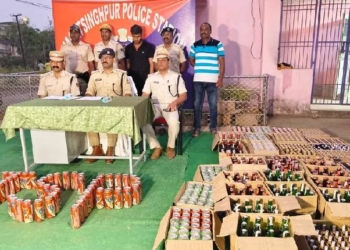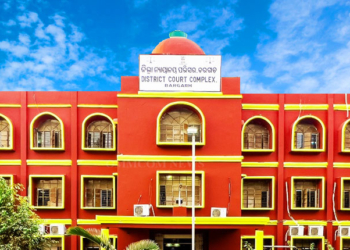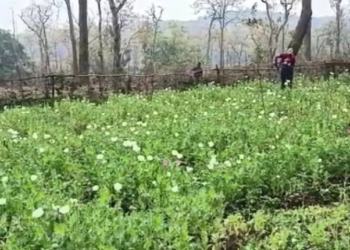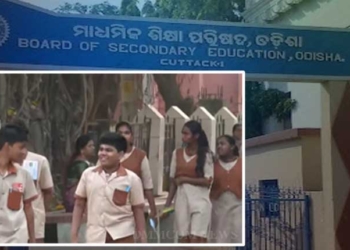Bhubaneswar: In a bid to ensure transparency in paddy procurement in Kharif season this year, Chief Minister Mohan Charan Majhi has directed that each Minister will oversee one or two districts as observers. The Ministers will act as the one-point contact for the government, engaging directly with farmers and addressing their concerns. This directive came during a review meeting on Tuesday at Lok Seva Bhavan.
The Chief Minister emphasized that when Ministers visit districts and procurement centers (mandis), listen to farmers, and provide solutions, it demonstrates the government’s sincerity and commitment. To streamline the process, Majhi urged all departments and District Collectors to coordinate efforts effectively.
Majhi also instructed District Collectors to ensure that irregularities, corruption, and favoritism are completely eliminated from the procurement process. He noted that for the first time, an additional Rs 800 per quintal is being paid over the minimum support price, which has generated significant enthusiasm among farmers.
Recognizing that 83.16% of the registered farmers are small-scale, Majhi stressed that it is the District Collectors’ responsibility to prioritize these farmers and ensure they face no challenges in selling their paddy. He also highlighted that many small farmers are unaware of token duration and advised Collectors to extend token validity where necessary and keep them well-informed.
To prevent price deductions based on grain quality, commonly known as ‘katni-chhatni,’ Majhi proposed a large-scale awareness campaign, urging farmers to bring only FAQ (Fair Average Quality) paddy to the market. He suggested that frequent updates be shared through WhatsApp groups specifically created for farmers.
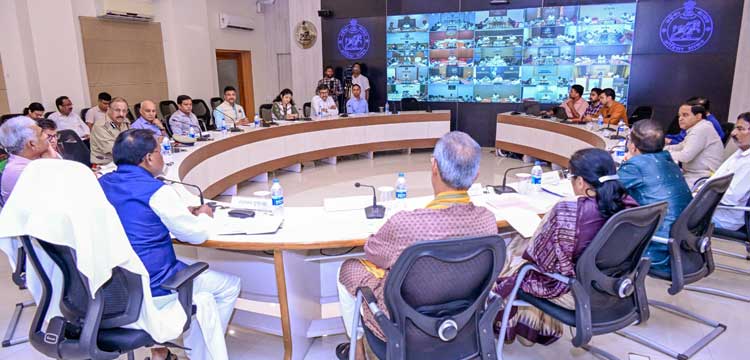
Ensuring transparency in FAQ quality testing was another key focus. Majhi ordered that District Collectors hold mandi management officials accountable for determining the quality of paddy. Each mandi will now have a dedicated mandi management officer, with a supervisor responsible for every four or five mandis. All procurement activities will be monitored through a central dashboard, and the system will be supported by the Quality Council of India.
During the meeting, it was noted that the recent price increase for paddy in Odisha has led to a rise in paddy imports from other states. To address this, District Collectors were tasked with deploying Enforcement Squads at border areas. Highways connecting neighboring states will be monitored round-the-clock using CCTV and smart cameras.
Additionally, 200 large mandis will be equipped with Automatic Grain Analyzers, while smaller mandis will use Manual Grain Analyzers. Quality Analysts and Quality Supervisors will be stationed at each procurement center to inspect and certify the paddy.
The high-level meeting was attended by Deputy Chief Ministers Kanak Vardhan Singh Deo and Pravati Parida, along with Ministers Suresh Pujari (Revenue and Disaster Management), Krushna Chandra Patra (Food Supplies and Consumer Welfare), Prithviraj Harichandan (Law, Excise, and Works), and Pradeep Bal Samanta (Cooperation, Handlooms, Textiles, and Handicrafts).
Chief Secretary Manoj Ahuja, Additional Chief Secretary to Chief Minister Nikunja Bihari Dhal, Director General of Police Y B Khurania and Principal Secretaries of Agriculture, Cooperation, Food Supplies, Transport and other related departments were present also attended the meeting.
District Collectors from across the state participated in the meeting via video conferencing.




